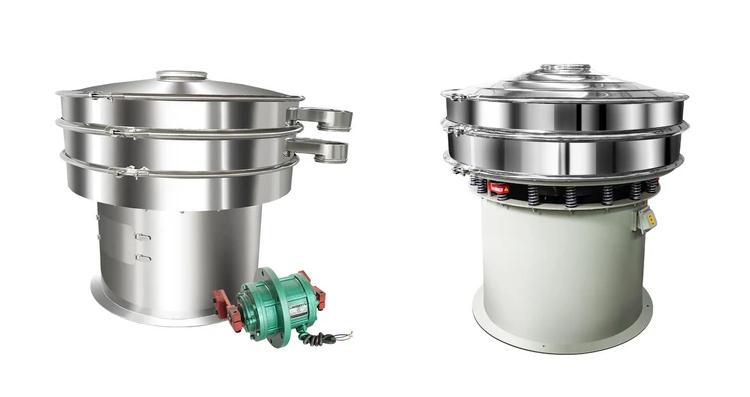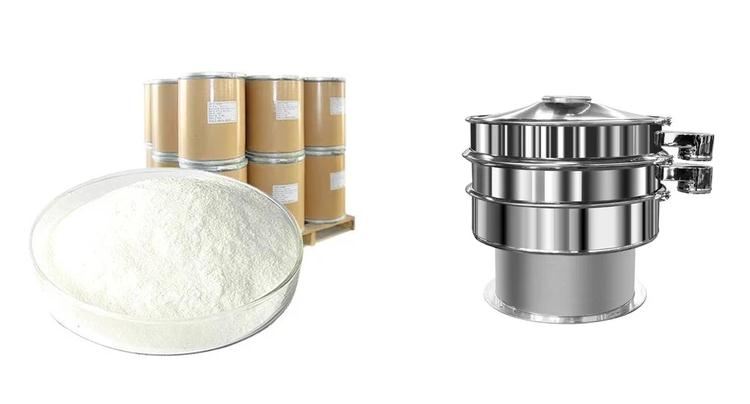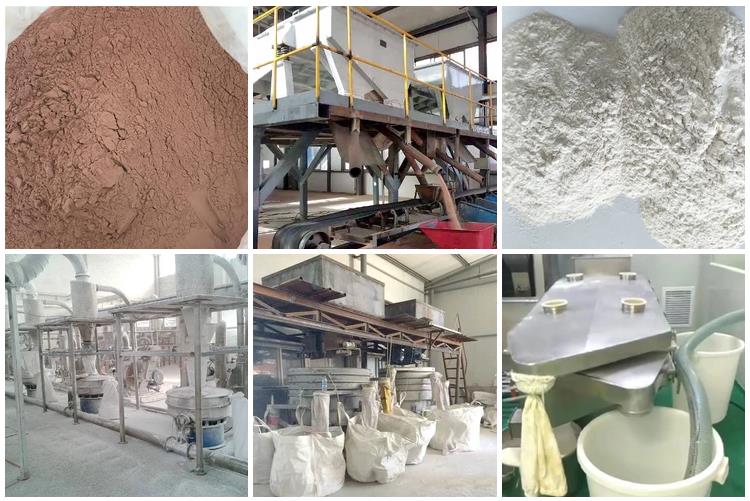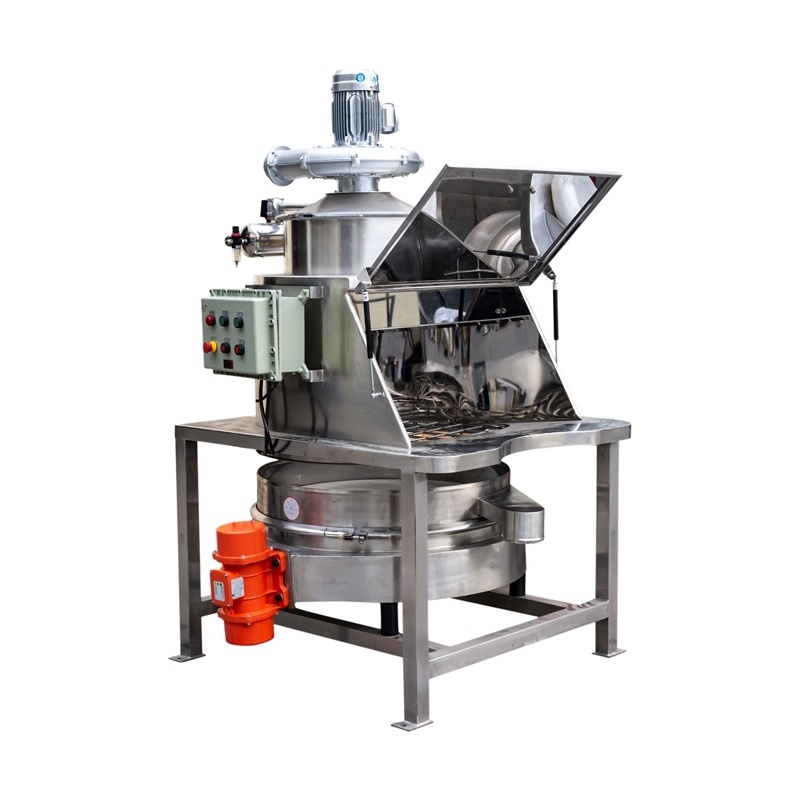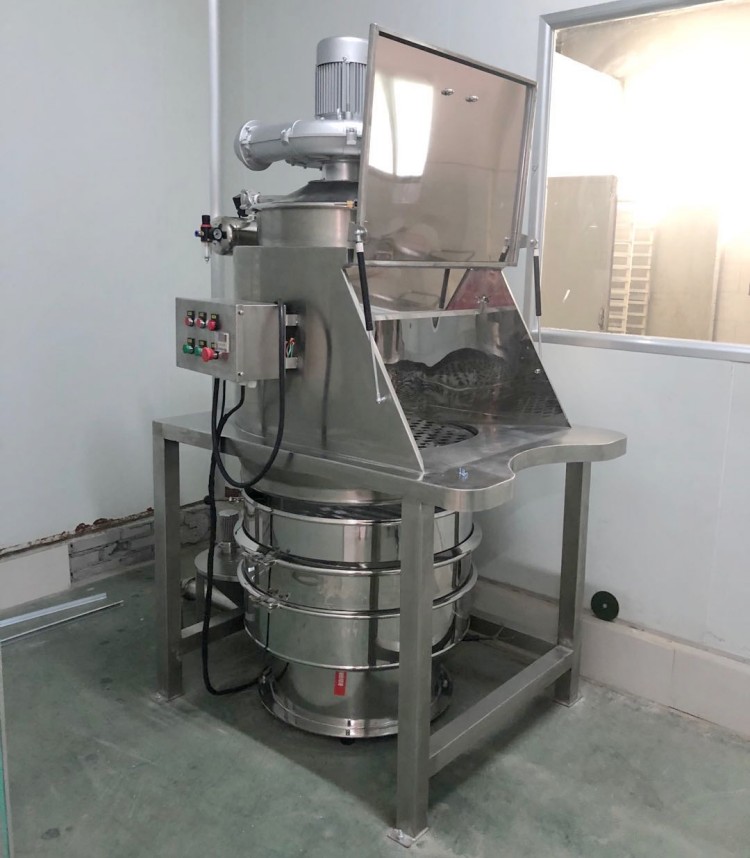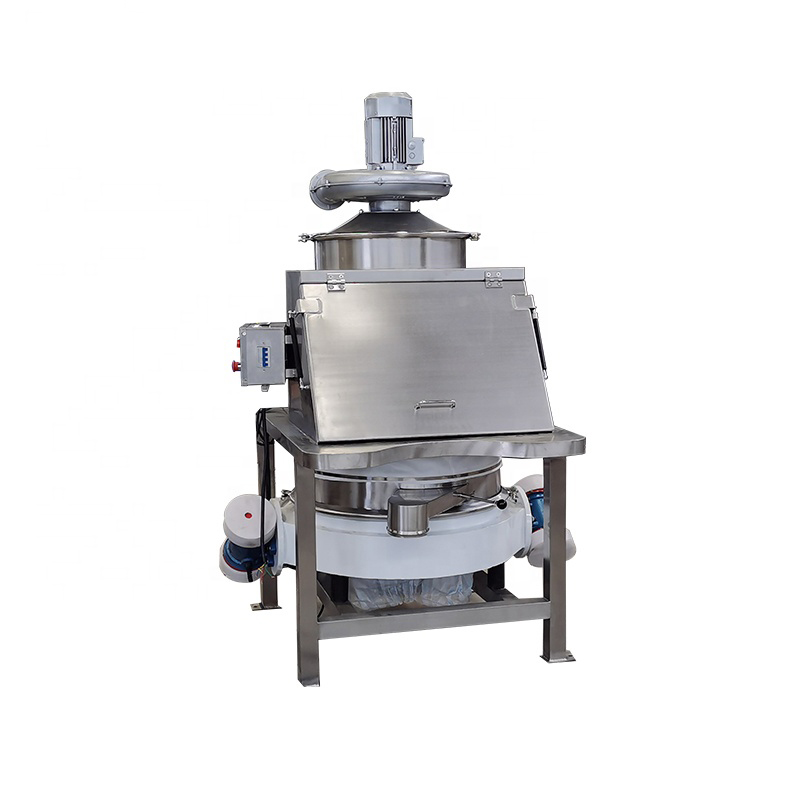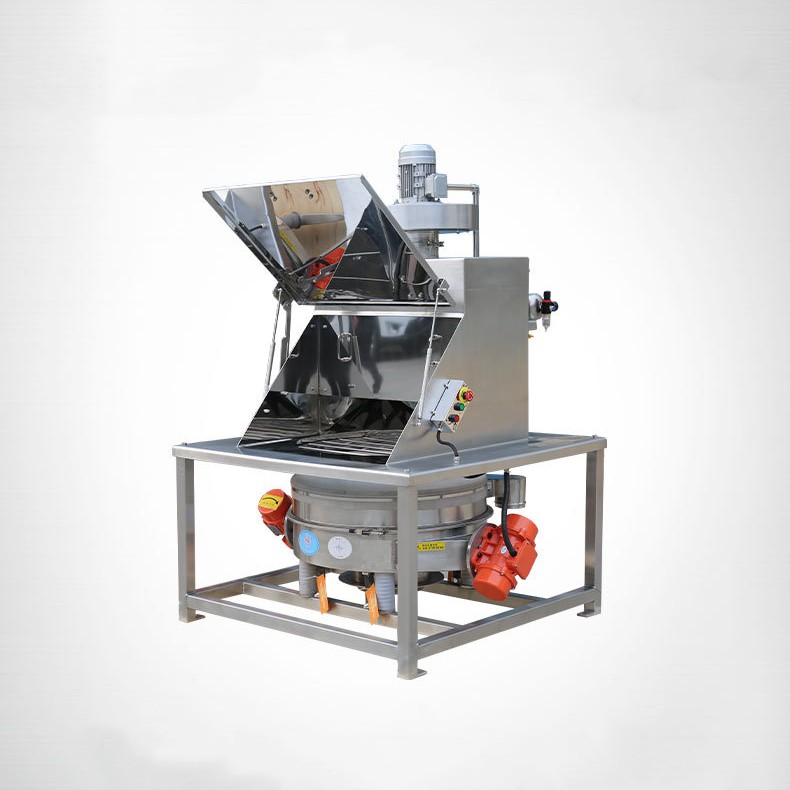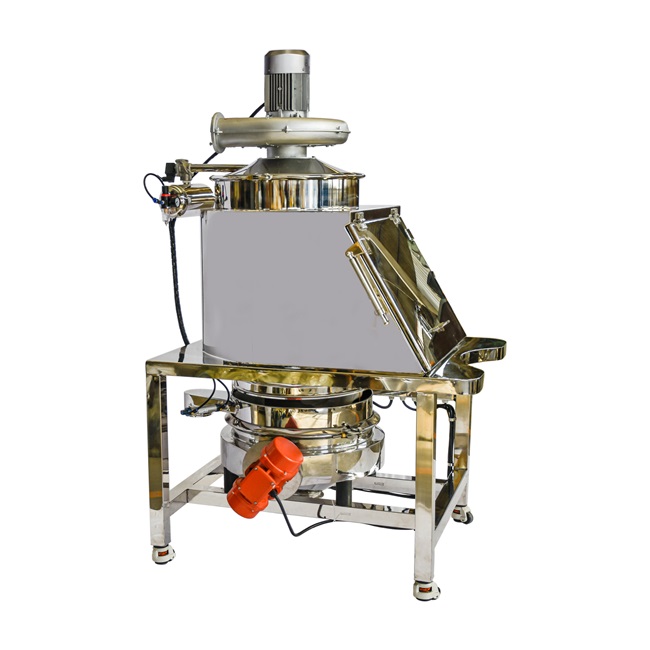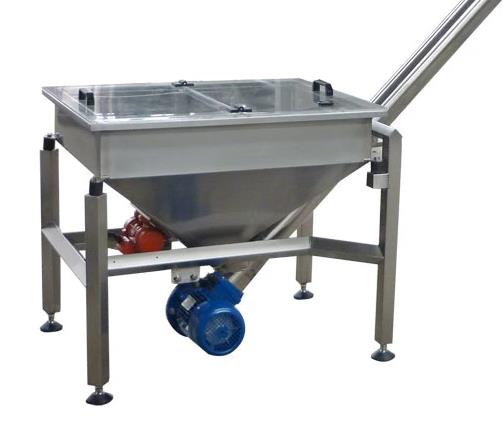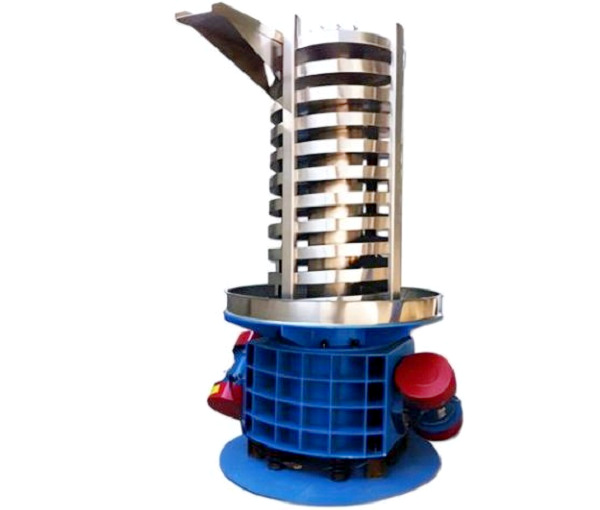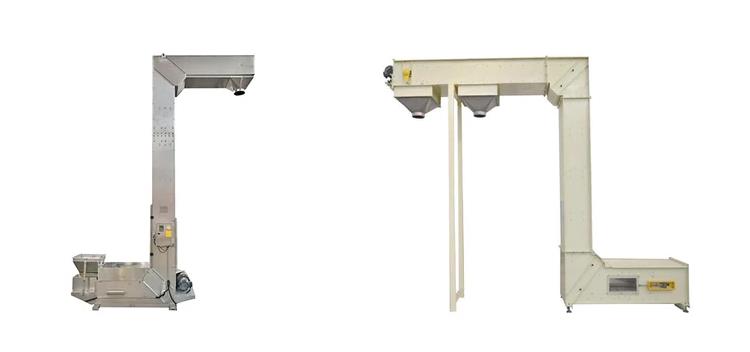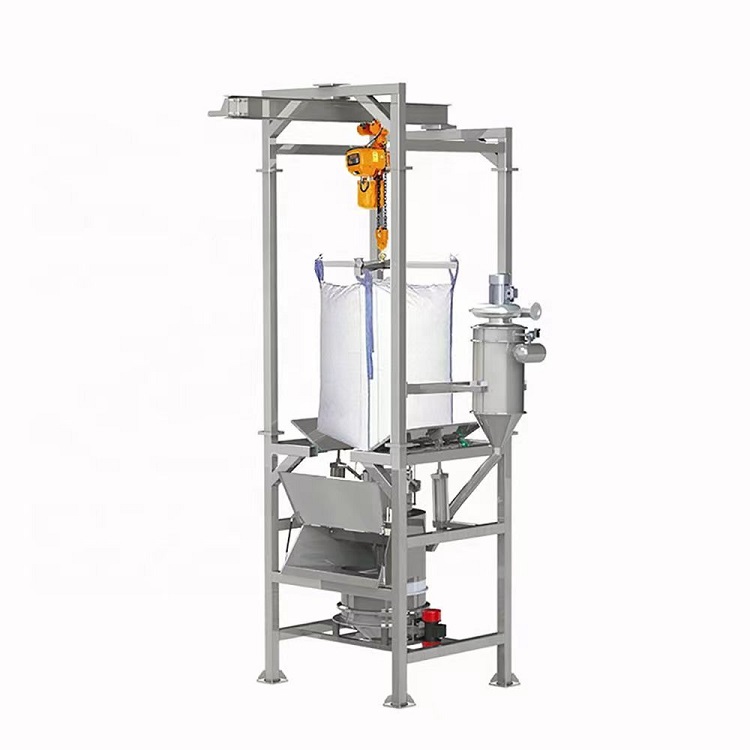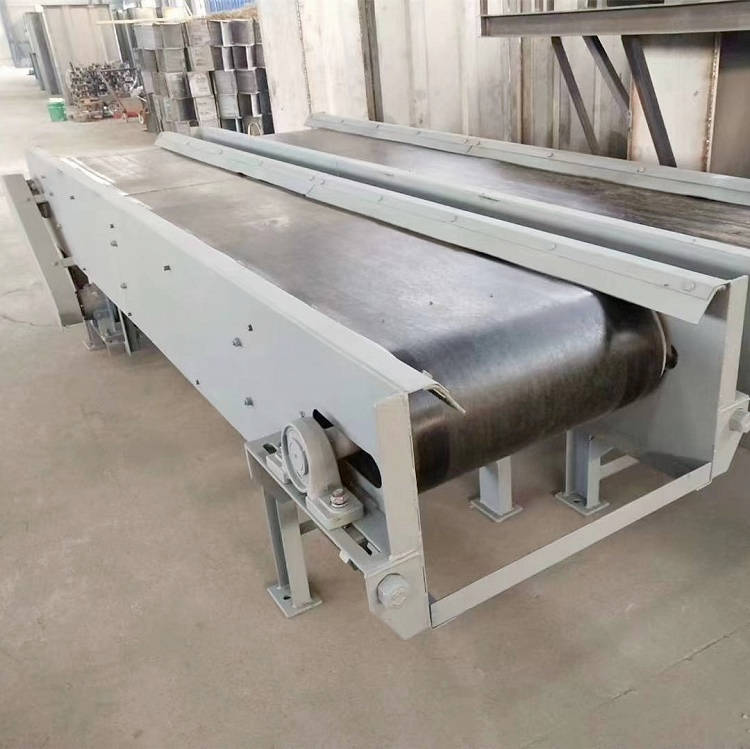The high efficient dust-free powder feeding station is a device that is used in a variety of industrial applications for the safe and efficient transfer of raw materials. The vacuum feeding station is comprised of a hopper, feed system, and a dust collection unit, or a high frequency vibro sieving machine for particles classiflying, which work together to ensure that the material is transported without any dust emissions.
Dust-Free Powder Feeding Station Working Principles
The principle behind the operation of the dust-free feeding station is the use of a vacuum system that captures any dust generated during the material transfer process. The material is first loaded into a hopper, which is then sealed off from the atmosphere to ensure that no airborne contaminants are released. A vacuum system is then activated, which creates a negative pressure within the hopper. This negative pressure causes the material to flow through a feeding tube and into the processing system, where it is used for production.
In addition to this vacuum system, the dust-free feeding station also features a dust collection unit. This unit is designed to capture any dust that is generated during the feeding process, ensuring that the material transfer is as clean and safe as possible. The collected dust is then either recycled back into the process, or disposed of safely.
Efficient Dust-Free Vacuum Powder Feeding Station Factory Manufacturing
Efficient Dust-Free Powder Feeding Station Applications
The dust-free feeding station is widely used in a variety of applications, including the pharmaceutical, food, starch and chemical industries. Often equip with the vacuum feeding conveyor achieving the powder environmental conveying functions. customers also equip the dust free vacuum feeder station with the vibrating sieve machine for particles classiflying functions. It is an essential tool for ensuring that raw materials are transferred safely and efficiently, and that no contaminants are introduced into the production process. Its use has become increasingly important in recent years, as companies have become more aware of the health and safety risks associated with airborne contaminants.

